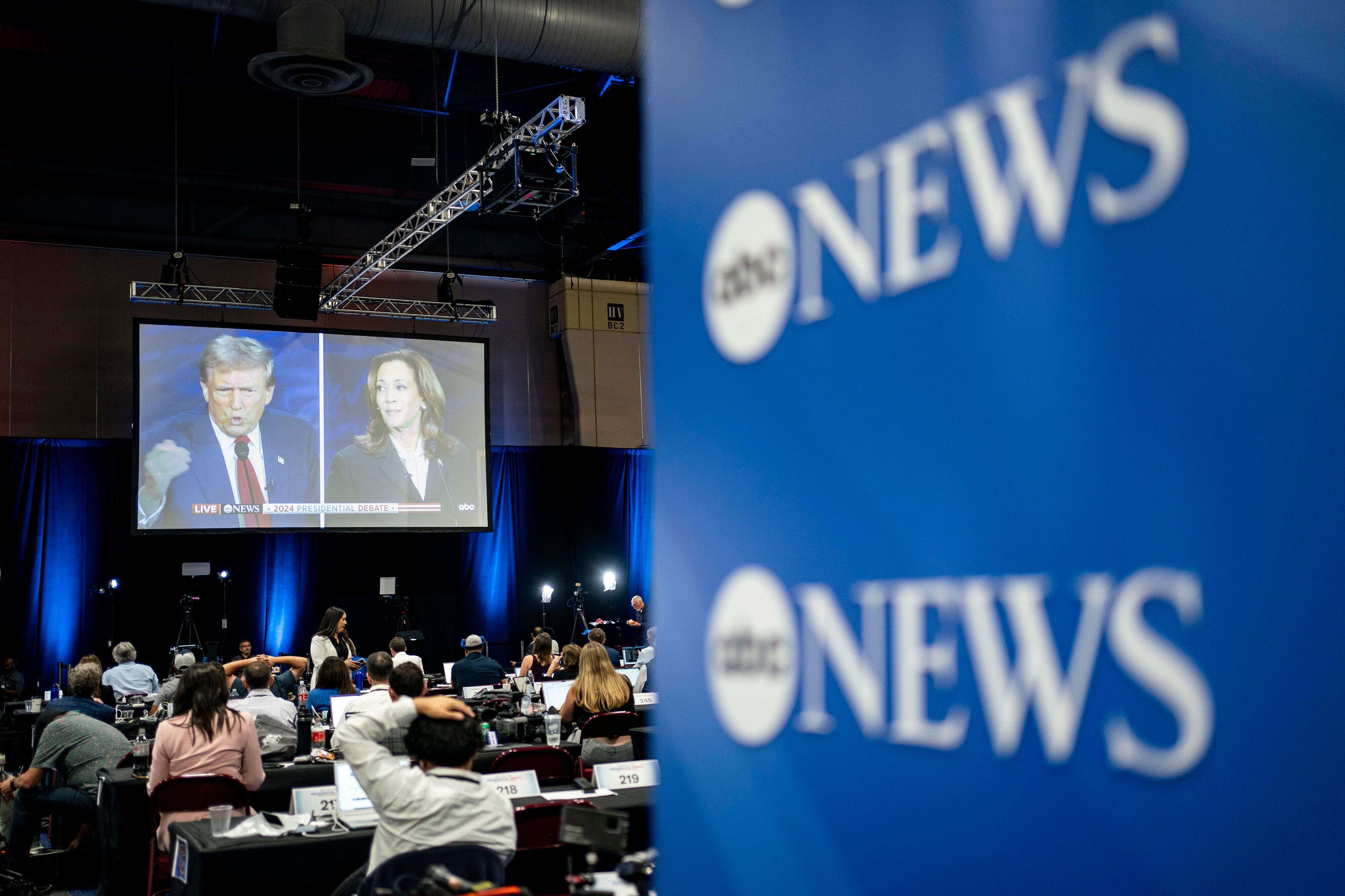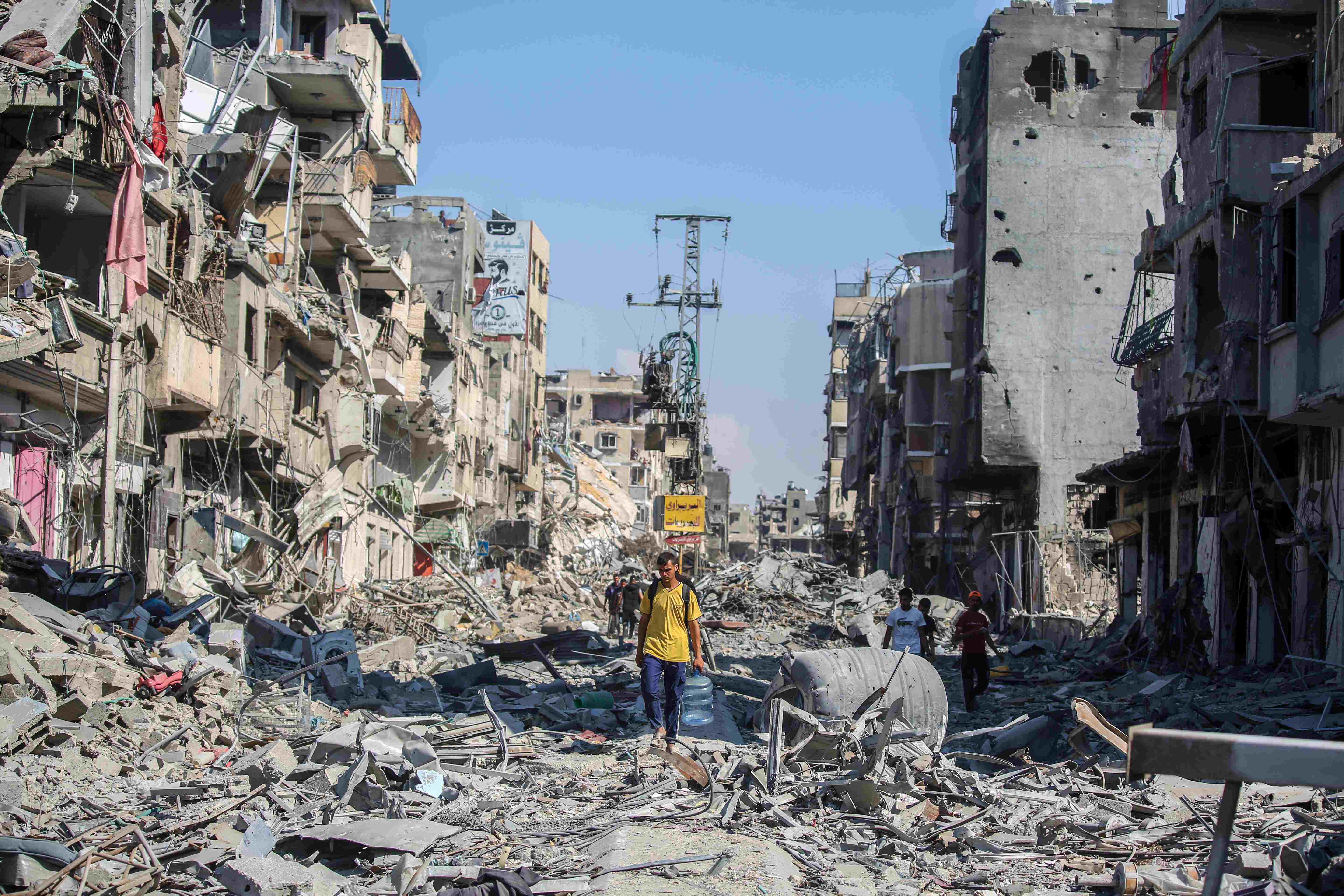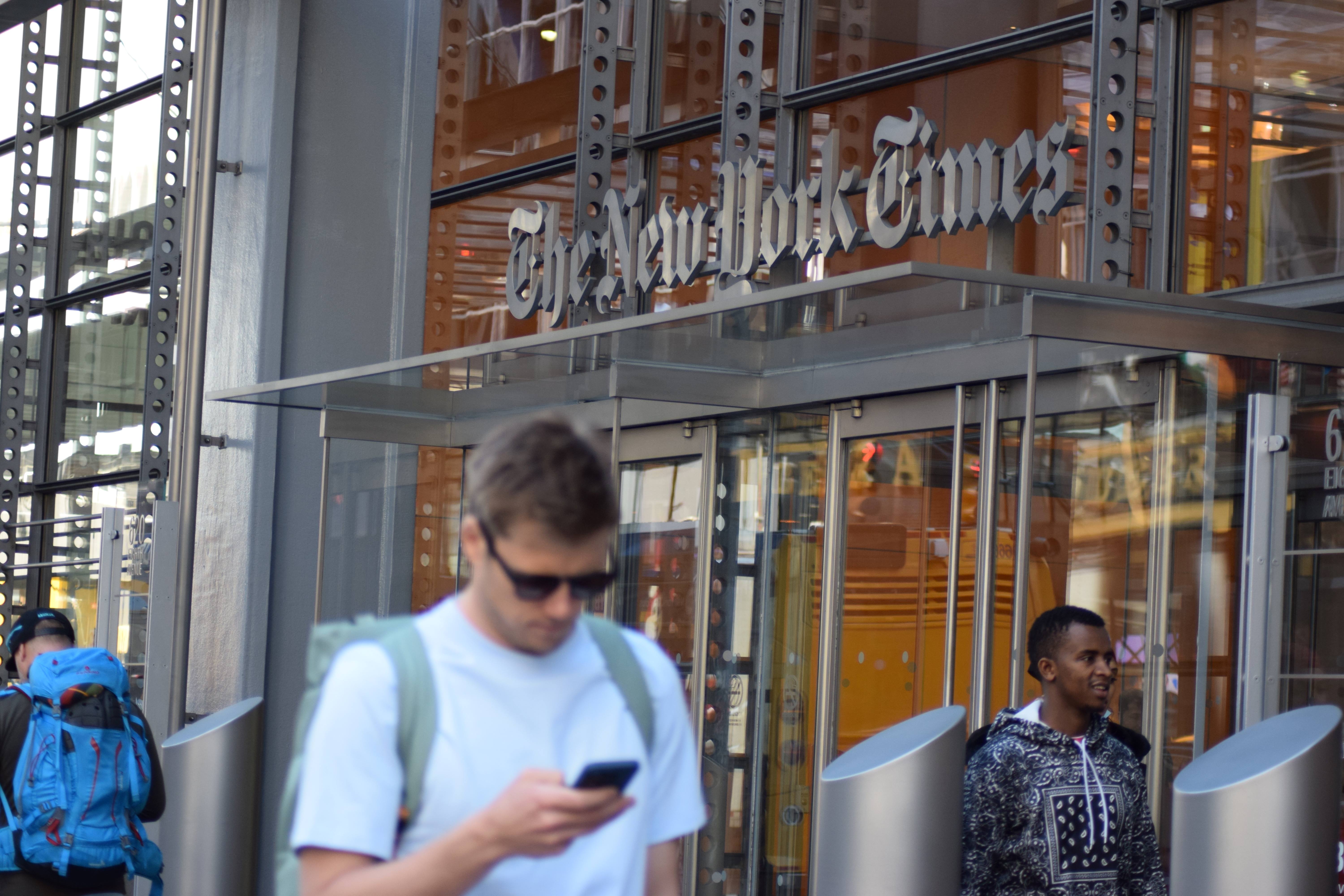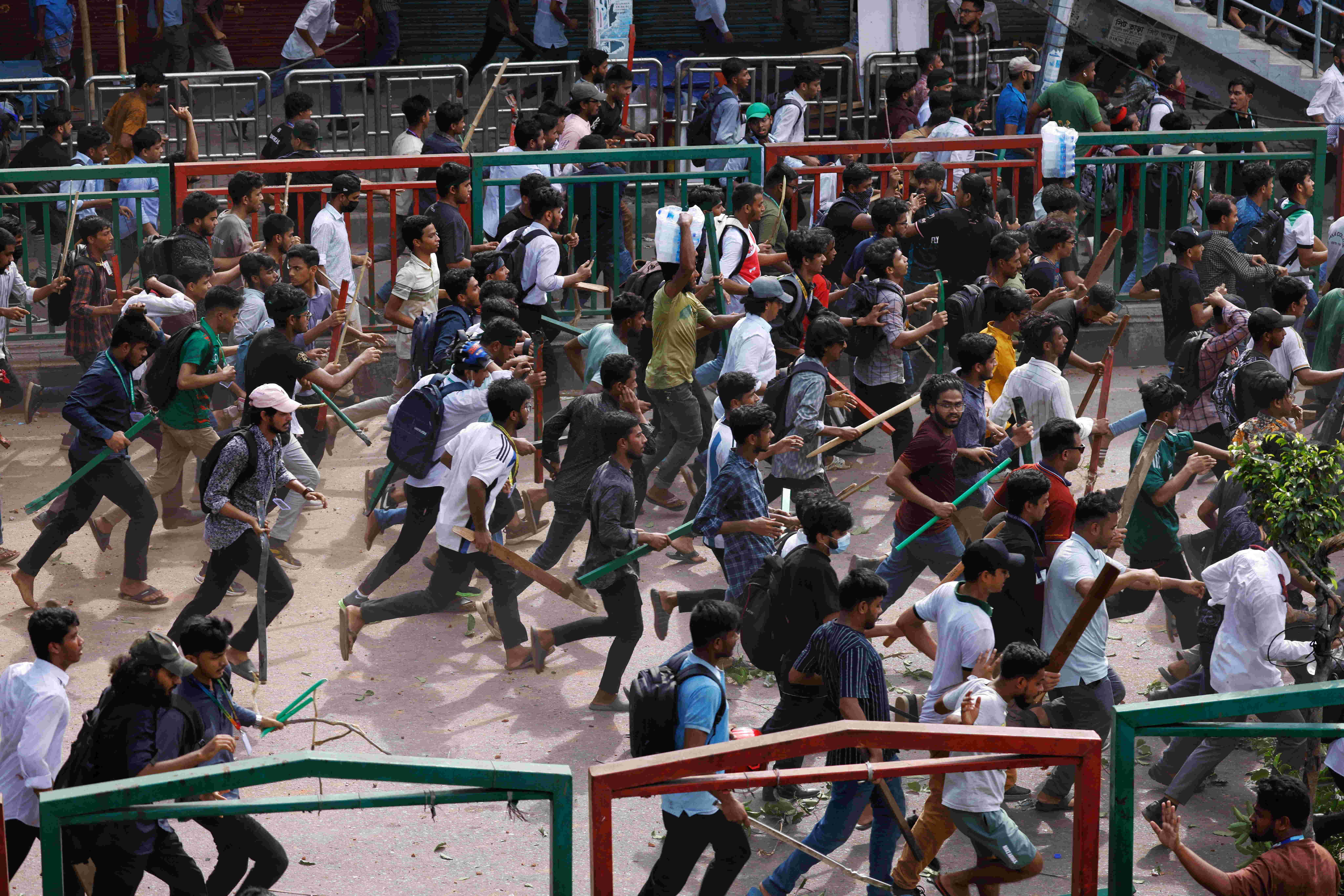Al Jazeera Journalism Review
Fact-Checking: The Last Line of Defense Against Occupation Propaganda in Palestine
Manipulation of information, intensive propaganda campaigns, and widespread disinformation were key features of the "narrative" battle that accompanied the war on Gaza. From the very beginning, the occupation sought to provide media cover for potential war crimes, but the work of fact-checkers exposed the foundations of its propaganda.
Verifying Information Is Not Just a Technical Process
From Context Manipulation to AI-Driven Digital Campaigns, Fact-Checkers Strive to Adapt to New Strategies and Methods of Fake and Misleading News Aimed at Constructing “Alternative Narratives.” On International Fact-Checking Day, colleague Hassan Khodary presents the experience of Sanad, Al Jazeera’s fact-checking agency, with a particular focus on its work in tracking the falsehoods within the Israeli narrative surrounding the genocide against Palestine.
Journalist Testimonies on Western Media Coverage of the Gaza War: The Other Narrative
In this article, we compile testimonies from journalists who have criticised their own media institutions as documented in reports, letters, or interviews. Most spoke anonymously out of fear of repercussions—because freedom of expression appears protected only until it reaches the borders of Israel. At that point, constraints emerge, editorial policies shift, and the system of double standards is activated.
Systematic Bias: How Western Media Framed the March 18 Massacre of Palestinians
On March 18, Israel launched a large-scale assault on Gaza, killing over 412 Palestinians and injuring more than 500, while Western media uncritically echoed Israel’s claim of “targeting Hamas.” Rather than exposing the massacre, coverage downplayed the death toll, delayed key facts, and framed the attacks as justified pressure on Hamas—further highlighting the double standard in valuing Palestinian lives.
I Resigned from CNN Over its Pro-Israel Bias
Developing as a young journalist without jeopardizing your morals has become incredibly difficult.
Is Pakistan’s Media Ignoring Climate Change?
Pakistan's media, despite its wide reach, largely neglects climate change in favor of political and economic issues, leaving the public under-informed about the causes and consequences of climate-related disasters. As a result, many Pakistanis remain unaware of the growing threats posed by climate change, which has devastating effects on the country's economy and population, as seen in the catastrophic floods of 2022.
What Explains the Indian Media’s Silence on Muslim Lynchings?
A review of why the Indian media is biased in its coverage of cow vigilantes' lynchings, highlighting how the killing of a Hindu boy by such vigilantes sparked widespread outrage, while the lynching of a Muslim man over similar allegations was largely ignored, reflecting deeper anti-Muslim bias under the ruling BJP government.
Corporate Dominance and the Erosion of Editorial Independence in Indian Media
Corporate influence in Indian media has led to widespread editorial suppression, with media owners prioritising political appeasement over journalistic integrity, resulting in a significant erosion of press freedom and diversity in news reporting.
MSNBC Deletes Interview with Journalist Criticising Western Media’s Bias Towards Israeli Narrative
MSNBC deleted an interview with journalist Jeremy Scahill after he criticised American media’s biased portrayal of Israeli actions in Gaza, condemning the framing of civilian casualties as "self-defence." Scahill argued that any discussion of Gaza’s leaders must address the broader context of occupation and longstanding injustices faced by Palestinians.
Voting in a Time of Genocide
The upcoming U.S. presidential election occurs against the backdrop of the ongoing genocide in Gaza, with AJ Plus prioritising marginalised voices and critically analysing Western mainstream media narratives while highlighting the undemocratic aspects of the U.S. electoral system.
A Half-Truth is a Full Lie
Misinformation is rampant in modern conflicts, worsened by the internet and social media, where false news spreads easily. While news agencies aim to provide unbiased, fact-based reporting, their focus on brevity and hard facts often lacks the necessary context, leaving the public vulnerable to manipulation and unable to fully grasp the complexities of these issues.
How to Bring more Balance to Western Media Coverage of Israel and Palestine
How can journalists accurately cover Palestine without becoming unbalanced or biased? Here are some concrete tools and techniques for reporters to keep in mind.
Anonymous Sources in the New York Times... Covering the War with One Eye
The use of anonymous sources in journalism is considered, within professional and ethical standards, a “last option” for journalists. However, analysis of New York Times data reveals a persistent pattern in the use of “anonymity” to support specific narratives, especially Israeli narratives.
Monitoring of Journalistic Malpractices in Gaza Coverage
On this page, the editorial team of the Al Jazeera Journalism Review will collect news published by media institutions about the current war on Gaza that involves disinformation, bias, or professional journalistic standards and its code of ethics.
Bangladesh: Why Were Foreign Correspondents Absent?
In the recent political upheaval in Bangladesh, many foreign journalists were reporting from nearby regions like New Delhi. In this absence, local journalists played an important role in conveying firsthand accounts of the events that unfolded to the world.




























